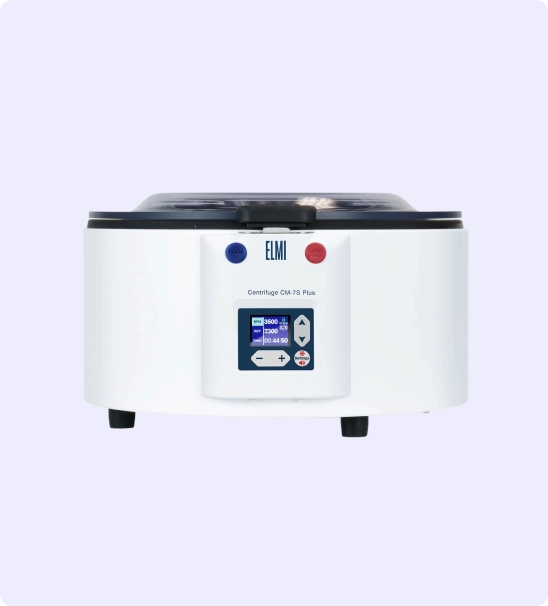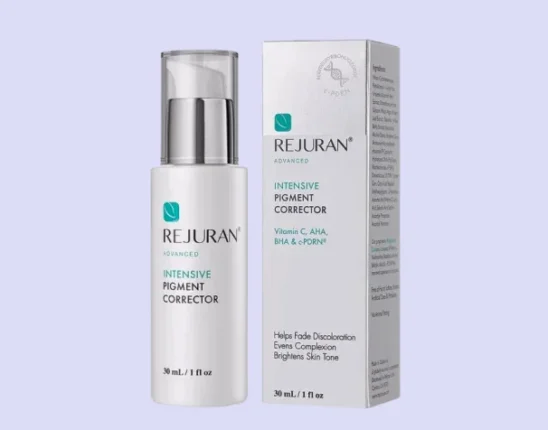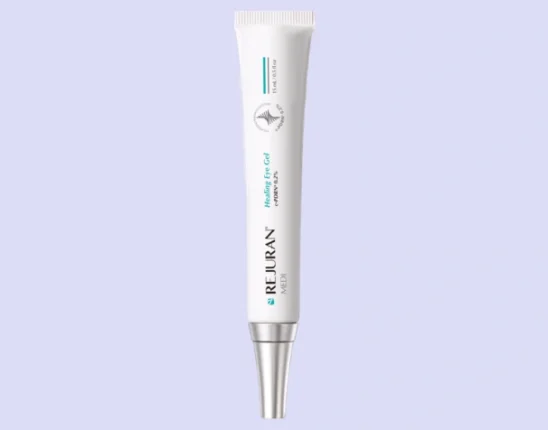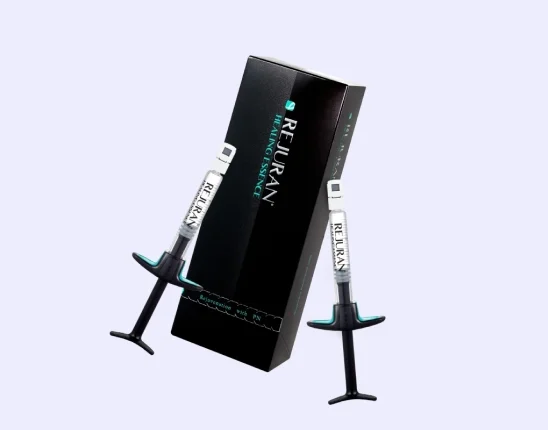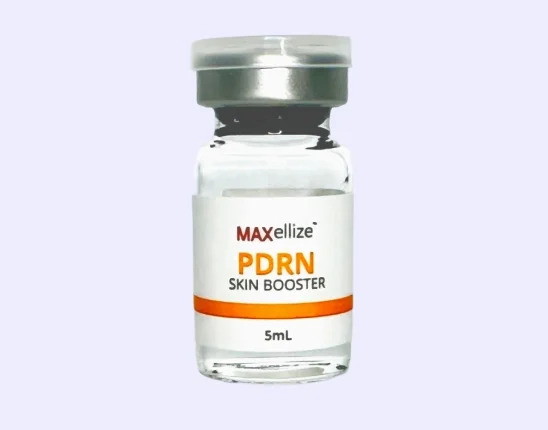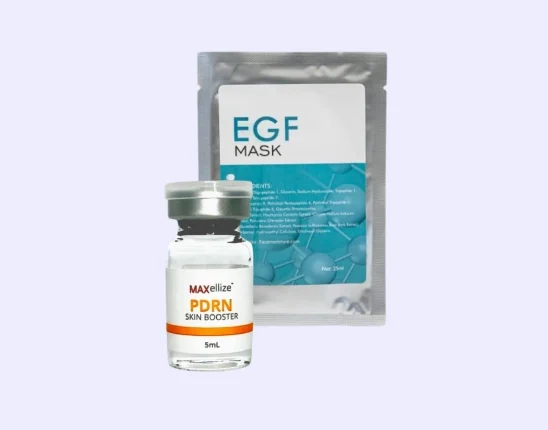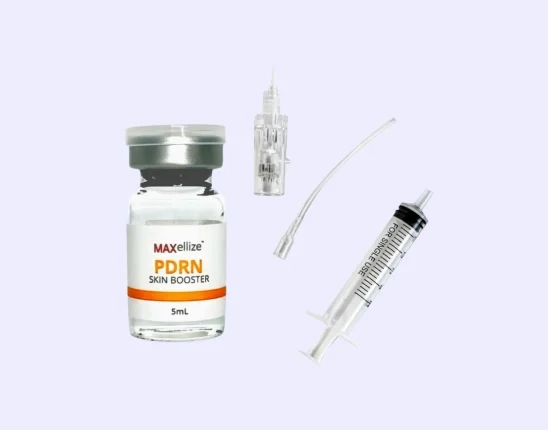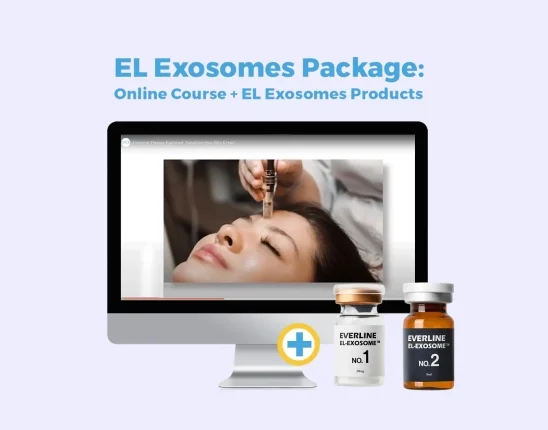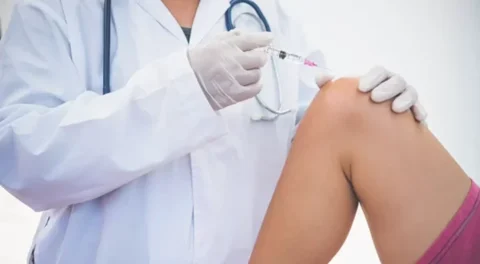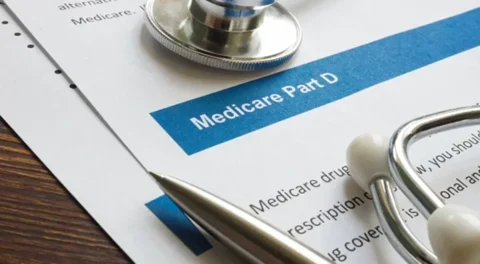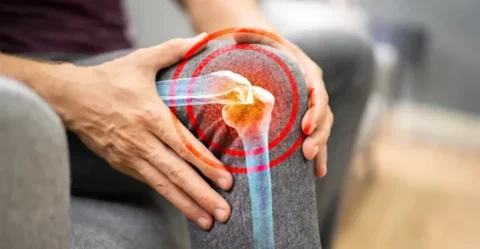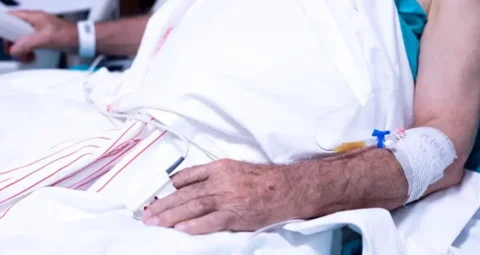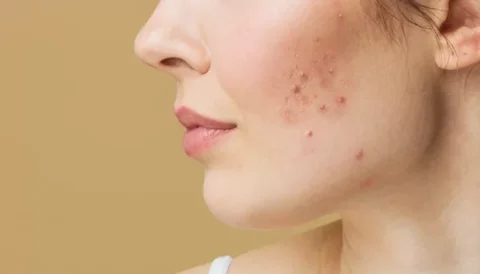A hair transplant procedure is a solution for many types of hair loss where your doctor will surgically fill your bald spots using harvested hair follicles or scalp skin from the back of your head. While offering permanent results, this treatment option still doesn’t address the root cause of your hair loss, so you might experience hair loss in areas that didn’t receive treatment. Because of this, your doctor will recommend additional supplements or procedures, like PRP.
So when can you receive platelet-rich plasma injections? Having your PRP injections post-surgery depends on you, your doctor, and your treated area. Some practices suggested receiving it 10 days after the surgery, while some had recommended 3 to 4 months or 3 weeks post-treatment. These injections will enhance the results of your cosmetic surgery as it speeds up healing, increases the viability of the hair follicles, and stimulates hair growth.
How Long After Hair Transplant Can I Receive PRP Treatment for Hair Growth?
Hair transplant surgery does not offer instant results because the transplanted hairs need to settle in your scalp first to grow new hair. Because of this, platelet-rich plasma therapy for hair loss will be helpful for both your existing hair follicles and the donor follicles in your scalp.
The time you start your platelet-rich plasma therapy for hair loss after hair transplant surgery will also be crucial for your results. You might find various medical opinions about this topic because it mostly depends on the patient, the doctor, and how well your transplanted hairs have adapted to your scalp.
Some practices recommend starting the injections as early as 10 days after the hair restoration surgery, while some suggest waiting for as long as 3 to 4 months post-treatment. Other clinics have advised starting it around 3 weeks after the treatment.
How PRP Injections Enhance Your Hair Transplant
Platelet-rich plasma therapy is an effective hair loss treatment on its own as it provides your hair follicles with a boost of nutrients that boost its healing process. It reactivates hair regrowth because of the growth factors on hair follicle stem cells that provide stimulation.
The injections’ platelet concentrations, made up of blood cells responsible for wound healing and tissue repair, prompt cell growth and collagen production. It also opens up the blood vessels around the hair follicles, so they’d have a better blood supply and receive more nutrients and oxygen from the body.
If combined with your hair transplantation surgery, these platelet-derived growth factors will maintain and enhance the viability of hair follicles, speed up healing time, and stimulate maximum hair growth.
1) Sustains Transplanted Hair Follicles
Receiving injections of platelet growth factors increases hair growth after hair transplantation as it maintains the viability of your donor follicles, even enhancing its effects. PRP treatment may even reactivate your dormant hair follicles.
The donor hair follicles your doctor will graft into your scalp may be damaged during extraction or processing or may become invisible for hair growth. This will reduce the effectiveness of your hair transplantation. The transplanted hairs may lose viability when dehydrated due to a lack of moisture. Starvation, change in temperature or pH levels of the environment, and revascularization injuries may also be some of the causes of hair follicle damage.
Some practices even store the donor hair follicles in a solution with PRP to maintain their viability. The serum with a concentration of platelets offers them an ideal protective environment because it has the right nutrients, chemical balance, and temperature. This way, the viability of the donor hair will enhance. PRP will boost healing after transplantation and natural hair growth.
2) Supports Faster Recovery Time
Platelet growth factors from PRP therapy speed up tissue repair. Aside from stimulating inactive hair follicles to grow hair, it can also speed up your healing time after your hair transplant surgery. After your surgery that may last for about 4 to 8 hours where you’re under general anesthesia, you’ll need about 2 to 5 days of downtime.
PRP treatment will help speed up tissue regeneration because of the concentrated blood plasma or growth factors injected into your scalp. If you’re wary about developing scars after your surgery, you can benefit from the epidermal growth factor in your PRP shots.
3) Stimulates Hair Growth
Platelet-rich plasma injections will significantly boost the effects of your hair transplant surgery because it supports hair health and promotes hair growth. Its growth factors aid the production of hair follicular stem cells and collagen.
These growth factors serve as a stimulus for hair regrowth also because it widens the blood vessels around the hair follicles, allowing them to receive better nutrients and oxygen for growing hair. The new hair will be thicker and healthier.
GET MEDICAL-GRADE BLOOD COLLECTION NEEDLES AT 20% OFF WITH CODE “20OFF” ON YOUR FIRST ORDER.
Stock up on blood collection needles and other medical and aesthetic supplies with FACE Med Store. Checkout today and get 20% off your order.
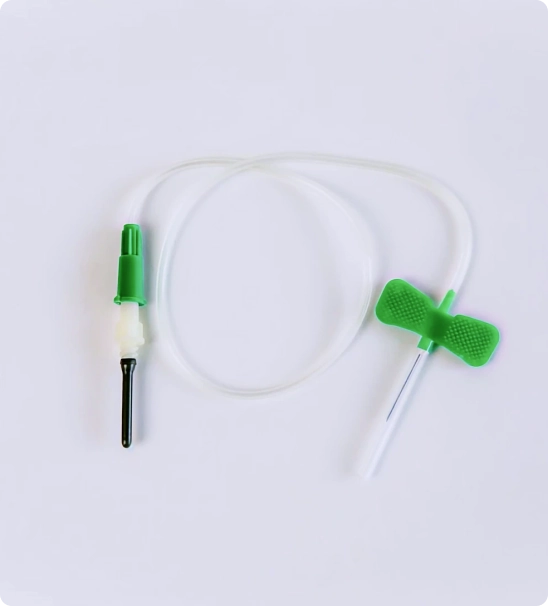
Side Effects of PRP Therapy for Hair Loss After Hair Transplant
Like many hair treatments and medications, PRP after a hair transplant will also come with a few side effects. These side effects are usually mild and would resolve on their own, especially by following the right aftercare instructions. Your doctor will also recommend that you receive your PRP injections once your scalp skin starts healing and becomes less sore after the surgery.
Here are some of the common side effects of receiving PRP injections:
- pain, discomfort, and swelling at the injection site
- mild bruising
- nausea
- dizziness
Take Tylenol or any other acetaminophen for the pain instead of NSAIDs. These effects should resolve after a few weeks. Consult your doctor immediately if these symptoms have persisted. Ensure seeking a reliable doctor for your PRP injections to avoid major side effects, like blood vessels and nerve injury.
Other Treatments and Medications to Consider After Hair Transplant
Aside from the medications your doctor will prescribe for your recovery, such as antibiotics, pain medications, and anti-inflammation, you might also want to consider other hair treatments that will support your surgery long-term. Your doctor will discuss with you taking these medications or undergoing these treatments:
- minoxidil
- oral finasteride
- PRF therapy
- laser treatments
Ensure consulting with your doctor about taking these medications and treatment to avoid adverse effects. They will also know the most suitable procedures suitable for your condition.
Premium Medical Supplies for PRP Treatment and Hair Transplant Surgery at FACE Med Store
Platelet-rich plasma injections will significantly boost the effects of hair transplant surgery. The growth factors from the concentration of platelets will boost cell growth, collagen production, and tissue repair. It also supports the viability of your donor hair follicles to ensure the success of your surgery. The best time to have PRP injections will depend on the patient, the doctor, and the condition of the hair grafts.
For PRP therapy and hair transplantation, investing in premium medical supplies contributes to the success of the procedures. FACE Med Store has been a trusted partner of many practices in New York. Visit our website to browse high-quality supplies at reasonable prices.
